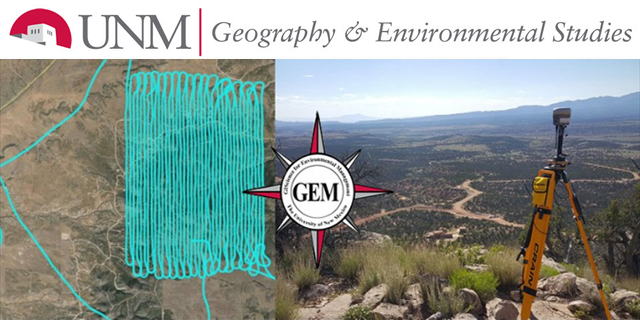
Geography ETDs
Publication Date
2-7-2008
Abstract
Advances in the development and accuracy of Geographic Information Science (GIS) in concert with the rapid development of advanced microprocessors and computer software have resulted in widely available survey data. No longer held captive by the discipline of surveying, this data is currently being used by geographers, cartographers, municipal planners and realtors for display and reproduction. Surveying provides the physical and legal basis for boundary delineation while GIS provides the tools to readily yield information from spatial data, and to economically conduct analyses enabling a more comprehensive understanding of boundary issues. A case study in the Bureau of Land Managements Manzano Wilderness Study Area is used in this thesis to illustrate some of the potential effects of boundary uncertainty and to answer the question 'What are the roles of GIS and surveying in identifying and resolving boundary uncertainty on public land?''
Degree Name
Geography
Department Name
Geography
Level of Degree
Masters
First Committee Member (Chair)
Lane, Maria
Second Committee Member
Lally, Joe
Third Committee Member
Krausmann, Bill
Document Type
Thesis
Language
English
Keywords
Manzano Mountain Wilderness (N.M.)--Boundaries
Recommended Citation
Hawkos, Kathleen. "Cooperative roles of geographic information science in identifying boundary uncertainty : a case study in The Bureau of Land Management's Manzano Wilderness Study Area." (2008). https://digitalrepository.unm.edu/geog_etds/2

Comments
A thesis discussing how the disciplines of Geographic Information Science and Surveying work together to identify boundary uncertainty.